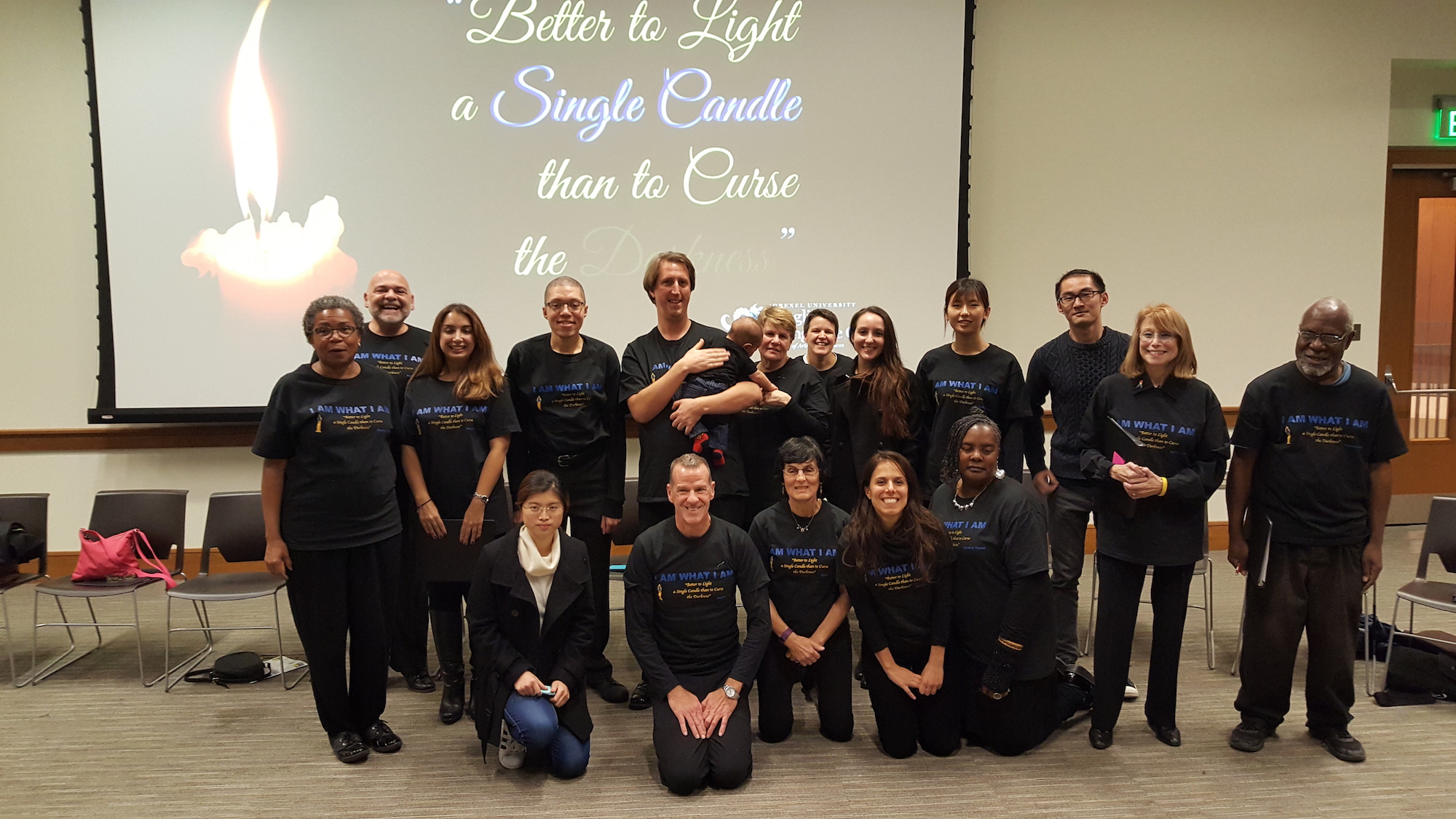
There is a cloud over the land; it’s oppressive, dispiriting and frightening.
It is the political and social fallout from the nuclear election results of Nov. 8. We thought if we turned our televisions off, stopped seeking news, and refrained from talking about what happened, we could isolate ourselves from the pain of the event and the consequences of the changes in Washington, D.C. Unfortunately, there is no escape. We are all affected one way or another.
As members of the Drexel community who are working, learning and teaching at a university that embraces scientific research, seeks the truth and respects all kinds of diversity, we are at great odds with the policies and practices now coming from Washington, D.C.
The undisguised hostility towards minorities is particularly troubling. The truth is that the United States has never been “great” in the way minorities have been treated, originating with the Native Americans. With time, there were signs we were getting better.
We were evolving into a more inclusive society. When the Supreme Court legalized same-sex marriage, we were jubilant. The perception was that we were on a roll. We were wrong.
It is very possible that our complacency contributed to the “shattering” results on the night of Nov. 8 that froze our progressive clock.
The election of a person who publically demonizes Muslims and Mexicans, shames women and shows disdain for immigrants and insensitivity toward disabled people was a few steps backward. This one said: beware of the Americans who want to go back, back to a time when people felt licensed to express hateful thoughts.
It’s hard to believe this is happening today, but it is. People who we never thought would harbor intolerant ways of thinking seem to be “coming out of the woodwork.” Instead of excoriating blatant acts of prejudice, there is silence in Washington. Though prejudice is condemned on the Drexel University campus, the general atmosphere in our country is far from reassuring.
Thus, the time for passivity and complacency is over. We can either succumb to feelings of despair and isolation or come together and engage in positive initiatives that help give us a sense of purpose and empowerment.
Acts such as marching in the streets, calling our legislators and submitting editorials to our newspapers can all help register our rejection of prejudice. We should all take initiative. For those of us who enjoy art, there are other opportunities, as well.
On Drexel’s campus, there is a dramatic performance that can help enlighten people about the dangers of prejudice and the hurtful behavior that it generates. Members of Drexel University’s Readers’ Theater Alliance come together to embrace all our differences in position, age, race, ethnicity, religion, gender and sexual orientation.
During our rehearsals, we educate each other about our distinctness, support those who feel threatened and empower ourselves with the conviction and confidence needed to reject acts of prejudice and spread our message.
The Drexel University Readers’ Theater Alliance was created in the Spring of 2014. Before Donald Trump surfaced as a candidate for president, ignorance about different minorities was a concern of the College of Arts and Sciences English Language Center, a place that celebrates diversity. In response to this problem, a few of us who enjoy literature and appreciate the power of drama, came up with the idea of a Readers’ Theater that focuses on prejudices. We selected three significant types of prejudice — racism, anti-semitism and homophobia — for our first script: “Better to Light a Single Candle Than Curse the Darkness.” It contains scenes from plays, movies, songs, poems and editorials.
Because the script is for a Reader’s Theater rather than a traditional play, performers can hold their script when they speak their parts. Music and slides enhance the performance and programs provide additional background information. Every member of the cast wears a T-shirt that says: “I Am What I Am.” After the performance, members of the audience are invited to ask questions and share their own stories of intolerance, stories that can be the inspiration for a new script that the Readers’ Theater could perform.
Any member of the Drexel University community, including those who participate at the Dornsife Center, is welcome to attend a performance in the Gerri LeBow Hall, room 220 at 5:30 p.m. May 15.
We hope more people will join the Readers’ Theater and perform with us. Together we can create a form of sunshine that will help us diminish the destructiveness of this hovering cloud and give us the impetus to keep going until it is significantly reduced, if not completely eradicated.


